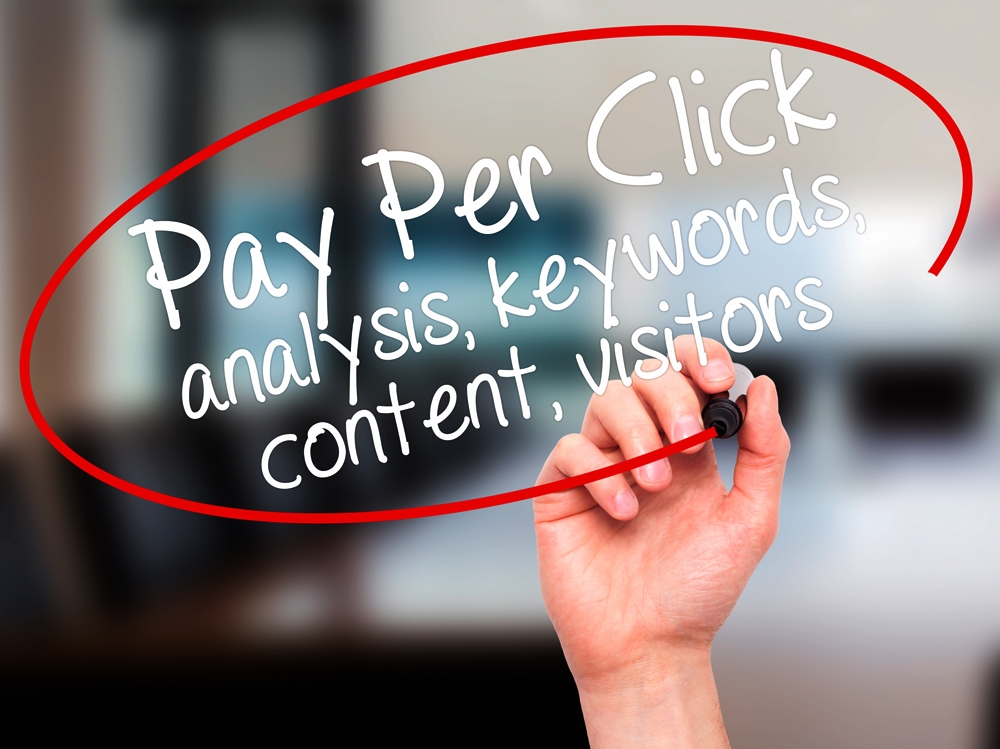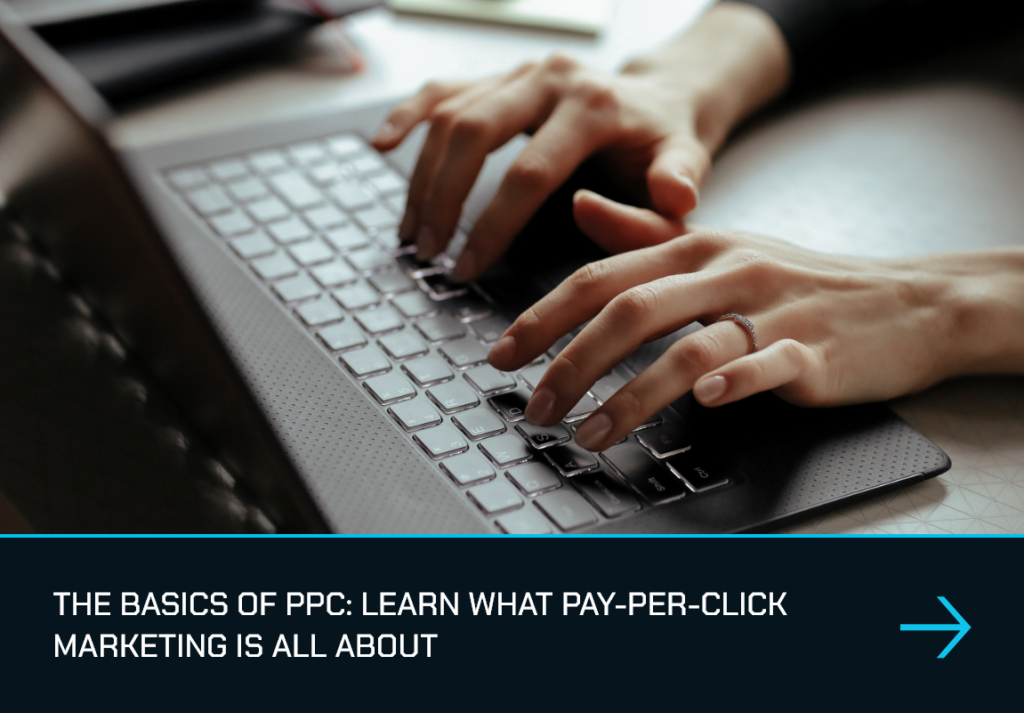Whether you’re just learning about PPC or you’re pretty much knowledgeable about this topic, it never hurts to go back to the basics. PPC is one of the most popular forms of internet advertising models used by businesses today to generate traffic onto their websites. For startups and established businesses, more traffic is always better because who doesn’t want more engagement and more sales?
But what exactly is PPC? How can you take advantage of it to further expand your brand’s reach? We’ll be answering those questions in this article and show you the ropes on how you can utilize this online marketing strategy to full effect.

What is PPC?
Simply put, PPC (pay-per-click) is a form of internet advertising and is commonly associated with AdWords. The way it works is that whenever an advertiser’s ad is clicked, they pay a certain amount for that click. Essentially, it’s like buying traffic to your website rather than attempting to earn them through organic methods. One of the most popular models of PPC is search engine marketing where advertisers bid for an ad placement for a sponsored link in a search engine.
For example, if you were to bid on the “PPC basics” keyword, your ad may appear somewhere above the Google results page. Every time your ad is clicked, you pay Google a small fee. When your PPC is working properly, this small fee may prove trivial because the traffic it generates is worth more than what you pay for. If you pay $4 per click and you generate a $400 sale, then the cost per click is a hundred times worth it.
How does PPC work?
The single most popular PPC advertising system today is Google Ads. This platform allows businesses to create ads that show up on Google’s search engine. Like we’ve mentioned before, advertisers bid on keywords and pay for each click their ad generates. Every time a user searches for something in Google, the search engine scours a pool of ads and selects winners that appear on top of the results page.
How the winners are chosen depends on a variety of factors such as the relevance of their keywords, the quality of their ad campaigns, and the size of their keyword bids. For businesses, using Google Ads to conduct PPC marketing is crucial because it’s the most popular search engine in the world. Google receives massive amounts of traffic on a daily basis and it’s something that all businesses should take advantage of.
Conducting keyword research on PPC
Running a PPC campaign is built entirely around keywords and the most successful Google Ads advertisers know that in order for their campaign to be successful, they have to conduct keyword research. It’s what drives the traffic to your ads and you want to make sure you get this right. An effective keyword research for PPC can be achieved by:
- Searching for relevant terms – It’s a no-brainer that you should only be paying for web traffic that’s related to your business. You want to search targeted keywords that can lead to a higher PPC click-through rate. This means you should bid on the keywords that are closely related to the products/services you’re offering.
- Doing an extensive keyword search – There’s more to doing keyword research for PPC than just finding the most popular keywords in your niche. You should also include long-tail keywords that are less common, but more specific. If you happen to sell nutritional supplements, an example of a long-tail keyword would be “protein powder for weight loss”. While long-tail keywords are cheaper and less competitive, you don’t want to miss out on potential traffic that’s relative to your niche.
- Being adaptive – The world of PPC is vast and you want to constantly improve and adjust your campaigns accordingly. You want to create an environment where your keyword list is adapting to what your target audience is looking for. This allows you to remain on top of the ad space in the search engine results page.
Managing your campaigns regularly is key to succeeding with PPC. This means analyzing the performance of your keywords on a regular basis and making several adjustments when necessary. You can add negative keywords like non-converting terms, refine your landing pages to boost conversion rates, and review costly PPC keywords that have been underperforming. These are just some examples of how you can tweak your PPC campaign and optimize it to get the most value out of your ads.
This is just an introduction to PPC and if you’re looking to master this advertising model, then you should definitely conduct more research. Hopefully this article gave you an insight on the basics of PPC marketing and made you interested on how it can impact your business in terms of delivering traffic to your website.

